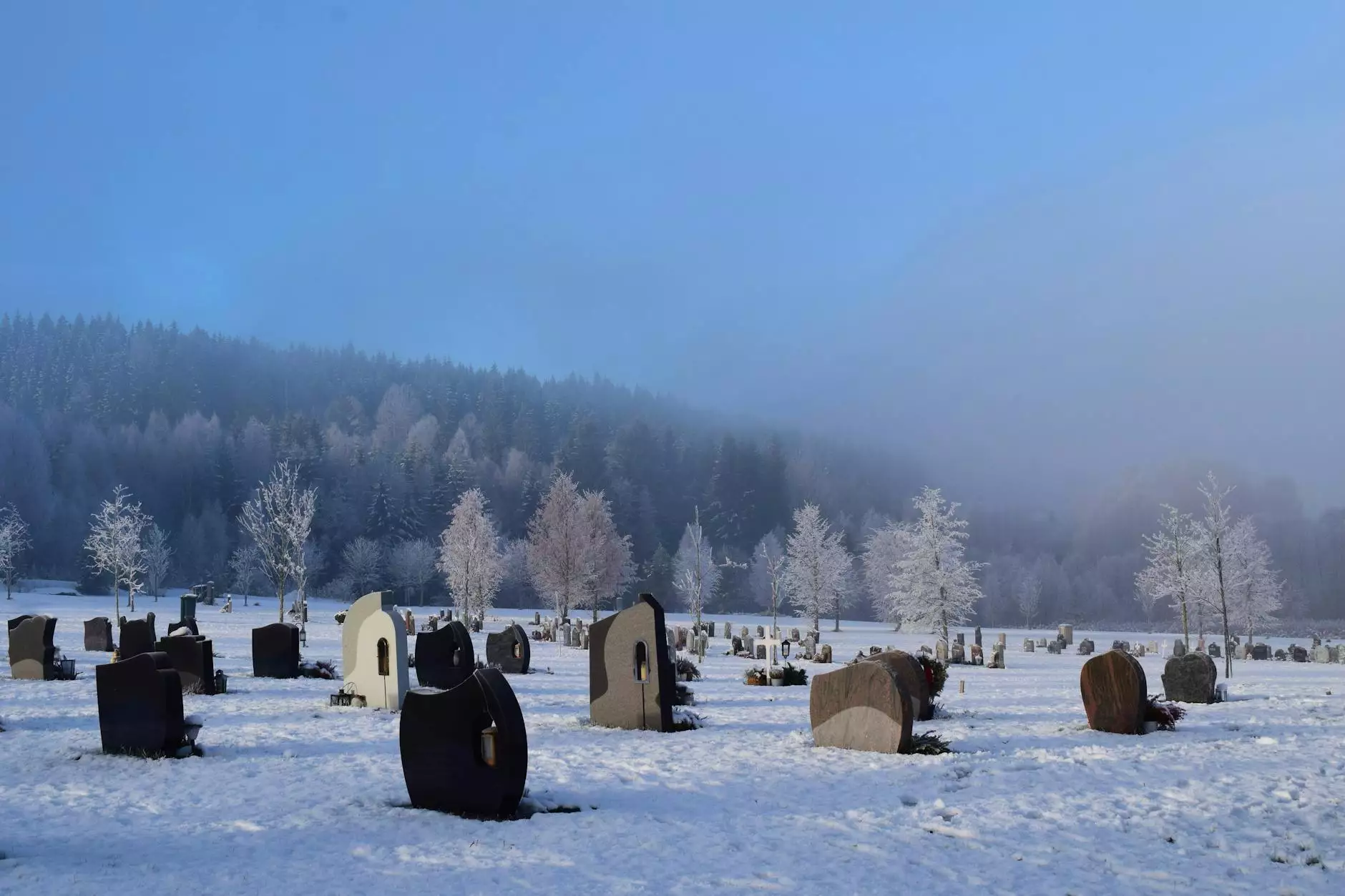How Deep Are Gas Lines Buried in BC? A Comprehensive Guide

Understanding Gas Lines in British Columbia
Gas lines are an essential part of our infrastructure, delivering natural gas to homes and businesses across British Columbia (BC). Understanding the depth at which these lines are buried is crucial for safety, compliance, and ensuring that construction or landscaping activities do not inadvertently damage these critical utilities. In this article, we will explore how deep gas lines are buried in BC, discuss the importance of this information, and provide guidance for property owners, contractors, and anyone involved with excavations.
Typical Depth of Gas Lines in BC
In British Columbia, the general regulation indicates that gas lines must be buried a minimum of four feet (1.2 meters) deep. This standard is designed to protect underground utilities from accidental damage caused by surface activities, such as construction or excavation. However, some factors can influence the actual depth:
- Soil Conditions: The type of soil can affect how deep the lines need to be buried. Areas with rocky or unstable soil might require deeper installation.
- Type of Gas Line: Different types of gas lines, such as residential service lines or high-pressure lines for commercial use, might be buried at varying depths.
- Proximity to Other Utilities: In urban settings where multiple utilities coexist, safety regulations may call for greater depths to minimize risks of interference.
Always consult local regulations or utility providers for the most accurate information regarding specific locations.
The Importance of Gas Line Depth
The depth of gas lines is not just a regulatory number; it serves crucial purposes that ensure safety and functionality:
- Prevent Accidental Damage: Lines buried to the required depth reduce the chances of accidental strikes during digging or construction.
- Protects Against Environmental Factors: Proper burial depth helps protect gas lines from weather-related factors that might otherwise expose them to damage.
- Ensures Efficient Gas Delivery: Maintaining the integrity of gas lines is necessary for the efficient delivery of natural gas to users, whether residential or commercial.
Safety Regulations Surrounding Gas Line Installation
In British Columbia, the installation of gas lines is subject to strict regulations designed to protect public safety. These regulations cover numerous aspects, including:
- Installation Standards: Adhering to the minimum depth for gas lines as mandated by government regulations is paramount.
- Maintenance Policies: Regular inspections and maintenance checks ensure the gas lines remain in good working condition over time.
- Permit Requirements: Before any excavation, obtaining the necessary permits and notifying utility companies is required.
Contractors and businesses involved in excavation projects should always prioritize safety and compliance with these regulations.
Excavation Practices Around Gas Lines
When embarking on excavation projects near gas lines, safety measures must be strictly followed to prevent any accidents. Here are some recommended practices:
- Call Before You Dig: Always contact local utility companies to identify the location of gas lines before starting any excavation.
- Use Appropriate Tools: Utilizing tools designed for working near gas lines can minimize risks and prevent accidental damage.
- Marking Utility Lines: Marking out all utility lines ahead of the excavation is crucial to avoid unintentional interference.
Common Myths About Gas Line Depth
There are several misconceptions surrounding gas line depth, and clarifying these can help prevent accidents and enhance safety:
- Myth 1: Gas lines can be buried less than four feet in most cases. Truth: The minimum regulation is designed to ensure safety, and digging above this depth can lead to accidents.
- Myth 2: All gas lines are buried at the same depth. Truth: The depth can vary based on local regulations, types of lines, and soil conditions.
- Myth 3: Only professionals need to worry about gas line depths. Truth: Homeowners also need to be aware when doing any landscaping or digging on their properties.
Understanding the Role of High Tide Plumbing and Gas
If you are looking for a reliable service provider for your gas installation or plumbing needs, look no further than High Tide Plumbing and Gas. Their expertise in the industry ensures that:
- Safe Installations: They adhere to all regulations concerning depth and safety.
- Professional Advice: Their knowledgeable team can assist you in understanding local codes and regulations.
- Maintenance Services: They offer comprehensive maintenance services to ensure your gas lines remain in optimal condition.
Conclusion
Knowing how deep gas lines are buried in BC is vital for ensuring safety during construction and maintenance activities. Following regulatory guidelines not only protects the integrity of gas lines but also guarantees public safety. Always remember to engage professionals like High Tide Plumbing and Gas for your plumbing and gas needs, ensuring compliance and security in all your projects.
By educating ourselves and adhering to safety practices, we contribute to a safer community and a more efficient gas distribution system.
how deep are gas lines buried in bc

